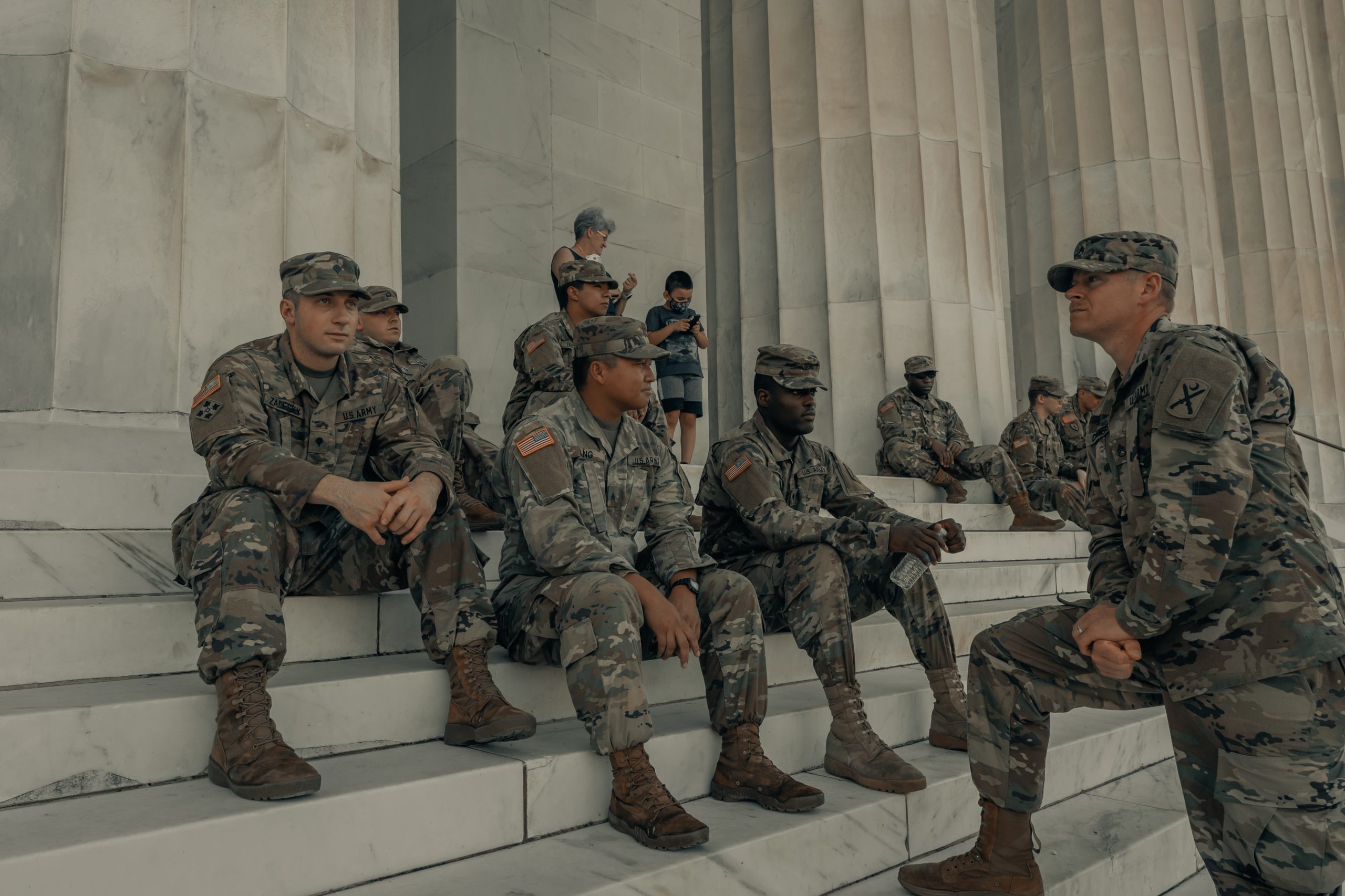
Samuel Case, FISM News
[elfsight_social_share_buttons id=”1″]
The Army is facing recruitment shortages, with an official telling Congress the service will be roughly 10,000 soldiers short this year, while predicting the problem will be even worse in the future.
“We’ve got unprecedented challenges with both a post-COVID-19 environment and labor market, but also competition with private companies that have changed their incentives over time,” said Army vice chief of staff, Gen. Joseph Martin, at a House Armed Services subcommittee hearing on Tuesday.
Martin said the Army believes it will have a full force of 466,400 for this year, which is almost 10,000 short from the anticipated 476,000. He warned that number may drop even further by the end of 2023, suggesting that the service may see as little as 452,000 soldiers by the end of next year, according to an AP report.
Ret. Lt. Gen. Thomas Spoehr of the Heritage Foundation told NBC News last month that “2022 is the year we question the sustainability of the all-volunteer force,” implying that the armed forces may need to consider a draft if the low recruitment trend continues.
“The Army is facing our most challenging recruiting environment since the inception of the all-volunteer force. This is not a one-year challenge. We will not solve this overnight,” Army Secretary Christine Wormuth told the subcommittee.
However, she insisted the service would not lower standards to increase recruitment.
“Do we lower standards to meet end strength, or do we lower end strength to maintain a quality, professional force? We believe the answer is obvious — quality is more important than quantity.”’
Despite Wormwuth’s statement, the Army has relaxed some requirements for recruits. Most notably, last month the armed service branch removed a graduation requirement for those wishing to enroll. Now anyone who is over 18 is eligible to serve in the Army as long as they meet other recruitment requirements still in place.
This also comes as earlier this month the National Guard and Army Reserves have cut off over 60,000 military members who declined to receive a COVID-19 vaccination, FISM News reported.
